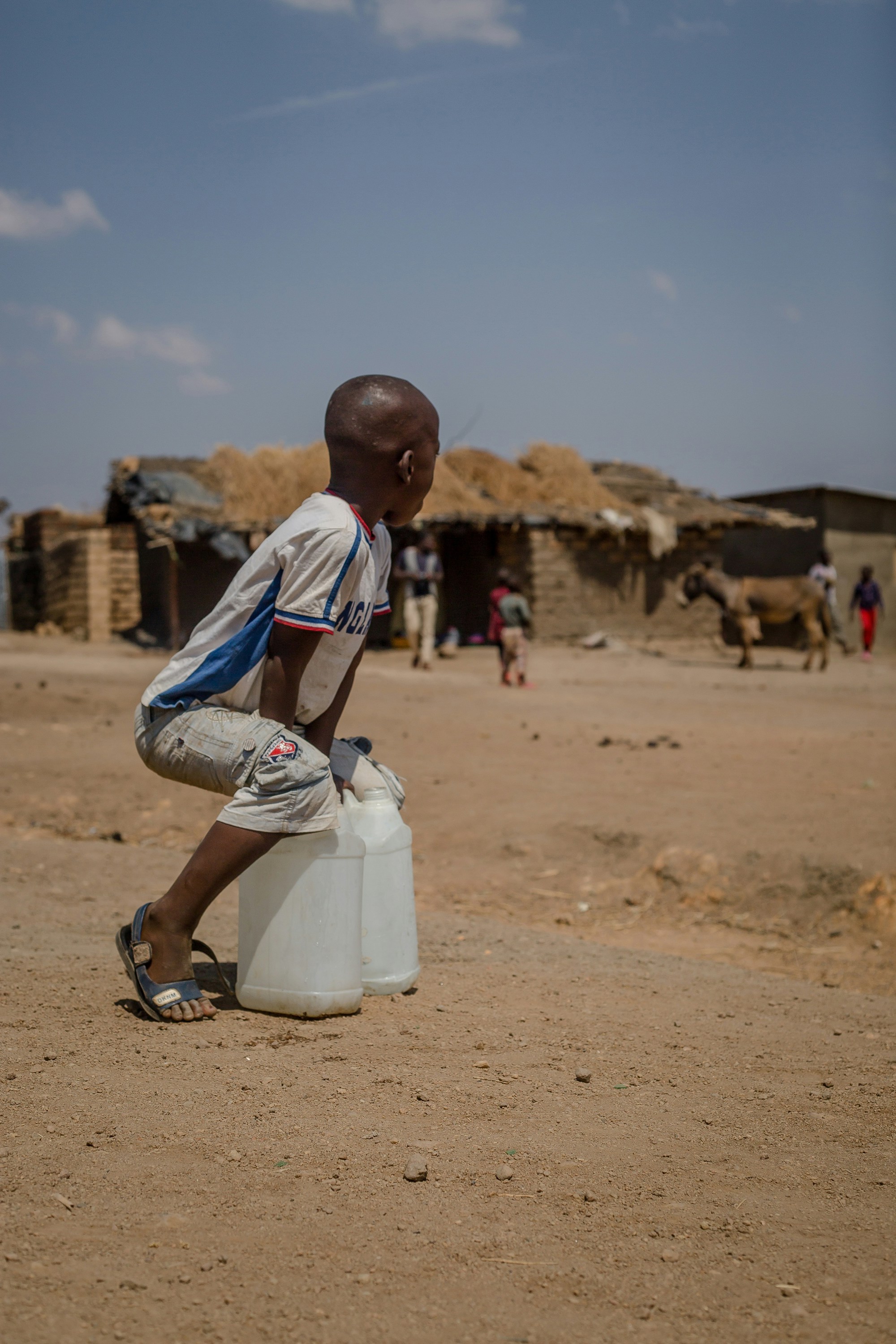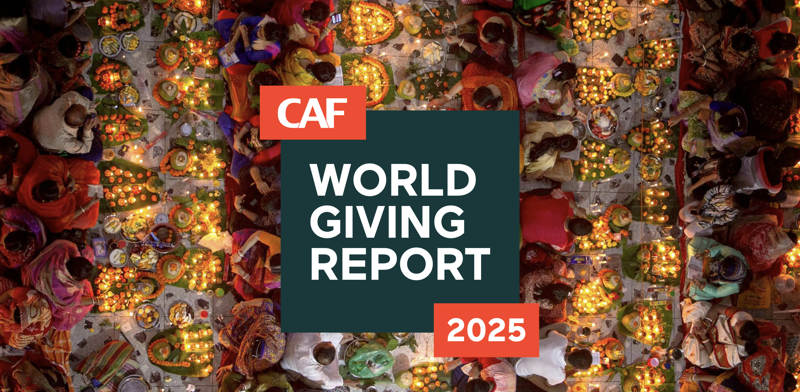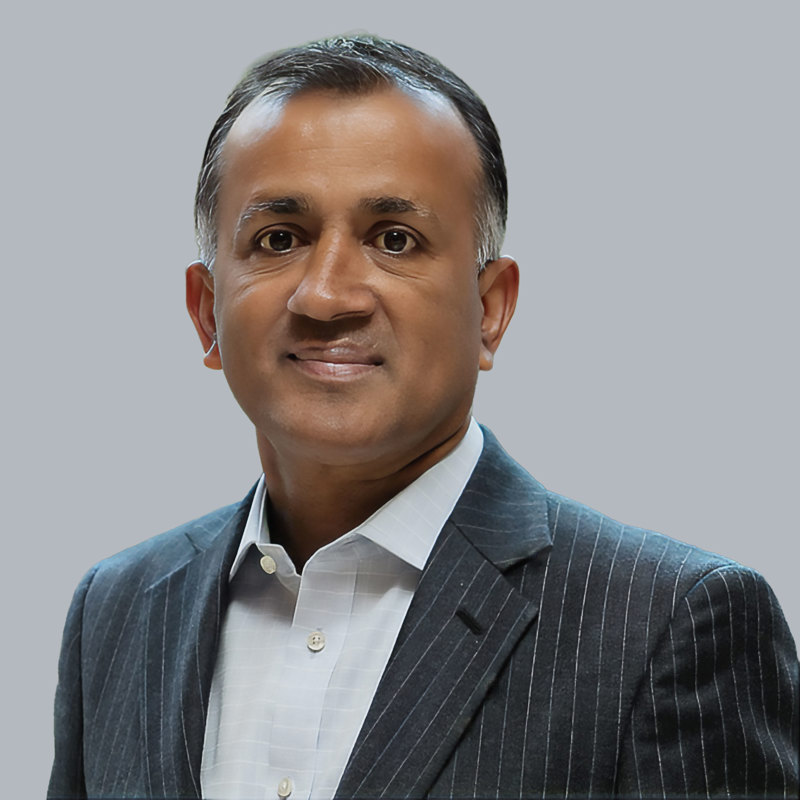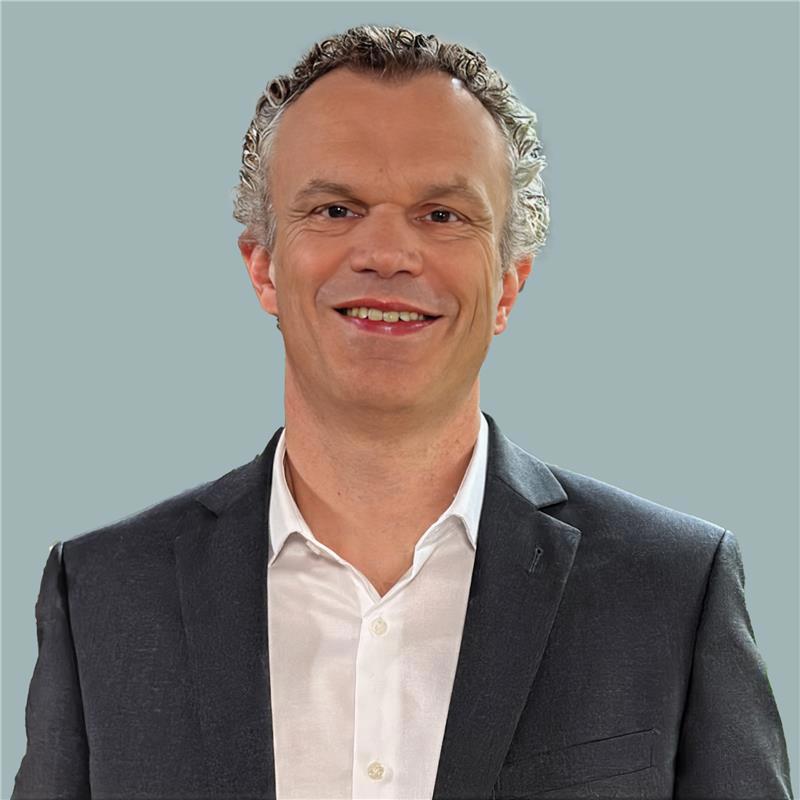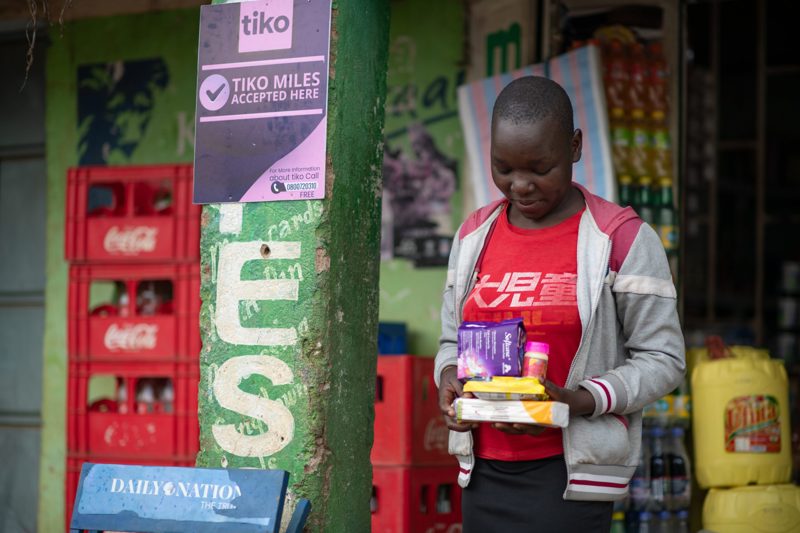Listen to Legatum Foundation President Guy Cave talk about the Resilio Fund
Legatum, the Dubai-based private investment group behind the Freedom Fund, Luminos Fund, and the End Fund, has announced it has secured more than US$30m in commitments for a new humanitarian initiative.
The Resilio Fund will deliver micro-grants to grassroots organisations working on the frontline of crisis response. It seeks to shift power to frontline responders and build long-term resilience and autonomy within communities, subverting the traditional top-down approach of humanitarian funding, which is often hostage to bureaucracy and external controls.
Coming at a time when many international donors are cutting their overseas aid budgets, the Resilio Fund is a bold statement.
“It feels like both a good time to be doing this and the right thing to be doing at this time,” said Guy Cave, president of the Legatum Foundation, which is providing US$10m to Resilio. The other anchor donors are the Vitol Foundation, UBS Optimus Foundation, and the Irene M Staehelin Foundation, with more to be announced shortly, Cave said.
“It’s not just about doing the good humanitarian community-led work,” he explained. “But it is also about getting to such a scale that the humanitarian system kind of takes note, that this is actually possible to get behind what communities are doing and to do at scale.”
The official launch of Resilio comes after a four-year pilot across seven countries, in which more than 1,000 micro-grants were distributed to communities by local NGOs, reaching more than 500,000 people in Sudan, Myanmar. Somalia, Ethiopia, the Philippines, and Lebanon.
These grants enabled communities to rapidly restore essential services and build resilience against future shocks. From mending wells and clearing roads to distributing seeds and tools, money was spent quickly and efficiently, and respected the dignity and agency of the affected people.
Federico Motka, Head of Emergencies and Humanitarian Portfolio, Vitol Foundation, said Resilio was “setting a new benchmark for humanitarian response” by putting communities at the heart of crisis relief.
“By empowering hyper- local groups - those who are first to respond and best understand their own needs - Resilio will ensure aid is fast, effective, and rooted in dignity and agency. … At this critical time of the humanitarian reset the Resilio Fund shows us the way forward, ensuring that support reaches those who need it most, when they need it most.”
Cave said Resilio would continue to work in the countries where it had run pilots but was also looking closely at Francophone West Africa.
"It feels like both a good time to be doing this and the right thing to be doing at this time."
Guy Cave, president, Legatum Foundation
A track record in philanthropy
Since 2006, Legatum has supported a range of philanthropic initiatives including three collaborative funds.
- The END Fund was formed to control and eliminate the five most common neglected tropical diseases (NTDs) by 2030. To date it has directly impacted over 480 million lives. Listen to an interview with former End Fund CEO, Ellen Agler, on The Impact Room podcast here.
- The Luminos Fund gives children excluded from school due to poverty, conflict or discrimination, a second chance at mainstream education. To date, it has supported more than 377,000 children to return to school. Read about Luminos’ system change work here.
- The Freedom Fund, co-founded with Walk Free Foundation and Humanity United, identifies and invests in the most effective community-led efforts to eradicate modern slavery. In the last nine years, the fund has helped liberate more than 30,000 people from slavery. Hear Freedom Fund CEO Nick Grono on the Shaping Philanthropy podcast here
